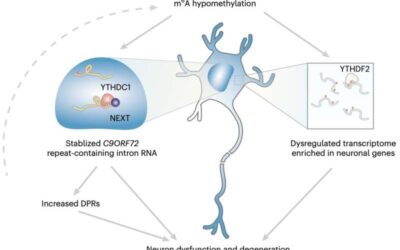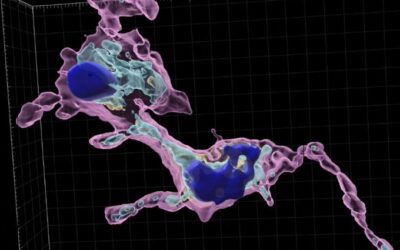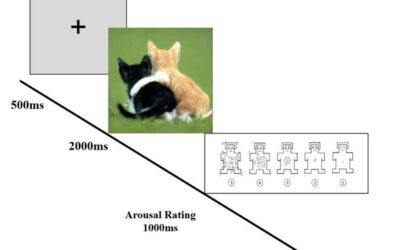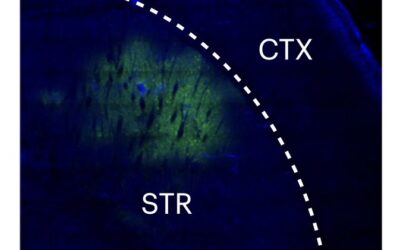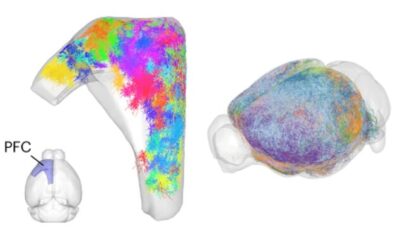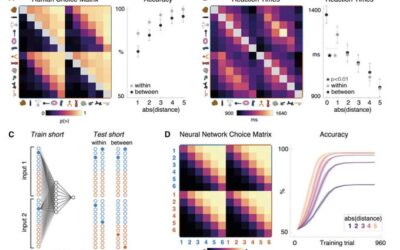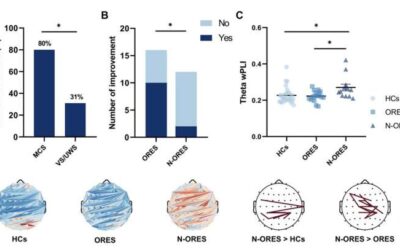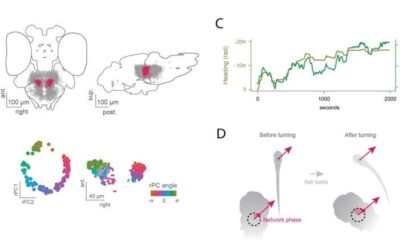Recent neuroscience studies have consistently outlined the role of the C9ORF72 gene in the development of some neurodegenerative diseases. These studies found that mutations of this gene increase the risk of developing amyotrophic lateral sclerosis (ALS) and...
MEDICALXPRESS
Study shows how the brain coordinates neuronal processing and communication during sleep
Past neuroscience studies have shown that while humans are sleeping, the brain remains highly active, consolidating memories and removing toxins accumulated during waking hours. While memory consolidation during sleep is a widely documented phenomenon, the processes...
Study shows that the translation of protein by microglia supports efficient phagocytosis
Recent studies have found that some cells of the brain, including neurons, astrocytes, and oligodendrocytes, can transport pieces of the genetic code (RNA) from the nucleus out to their distal processes which may be several microns away, and then locally translate...
Mindfulness meditation could mitigate the adverse effects of fatigue on emotional processing
Fatigue, which can be defined as lacking energy and the motivation to do things during the day, is a very common symptom that most humans will experience at least once in their life. While it is sometimes linked to medical conditions, in most cases it is caused by...
Study finds that the release of endocannabinoids is mediated by postsynaptic synucleins
Endogenous cannabinoids, also known as endocannabinoids, are neurotransmitters (i.e., chemical messengers naturally produced by the body) that transmit specific signals from one neuron to another. These neurotransmitters are known to support several vital...
Study finds that the human brain reactivates mental representations of past events during new experiences
Neuroscience studies have showed that as mice and other rodents navigate a maze, their brain often "replays" relevant past events. This mental replaying of events, such as the route taken until reaching their current position, could help rodents create a mental map of...
Study reconstructs thousands of dendrites and axons in the mouse prefrontal cortex
The prefrontal cortex (PFC) is a crucial part of the mammalian brain, known to be involved in decision-making, planning, complex social behavior and integrating the activity of other brain regions. While countless neuroscience studies have investigated the function...
Exploring how the human brain and artificial neural networks assemble knowledge
As humans explore the world around them and experience new things, they innately start to make sense of what they encounter, creating mental connections between the objects, people, places, and events they encounter. Neuroscientists have been trying to identify the...
Are the olfactory responses of patients in a coma or vegetative state signs of consciousness?
Severe brain injuries or head traumas in humans can lead to various stages of so-called disorders of consciousness (DoC). These are states in which consciousness is either partly or entirely absent, such as a coma; unresponsive wakefulness syndrome, also known as a...
A neuronal network that represents the direction in which zebrafish are traveling
Past studies have found that the brains of some animals generate representations of the direction in which they are headed. For instance, the heading direction of insects is represented by the activity of neurons in a region at the center of their brain, known as the...

